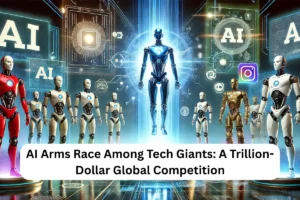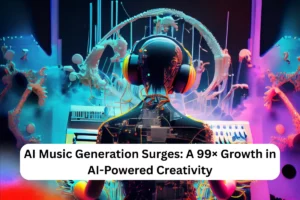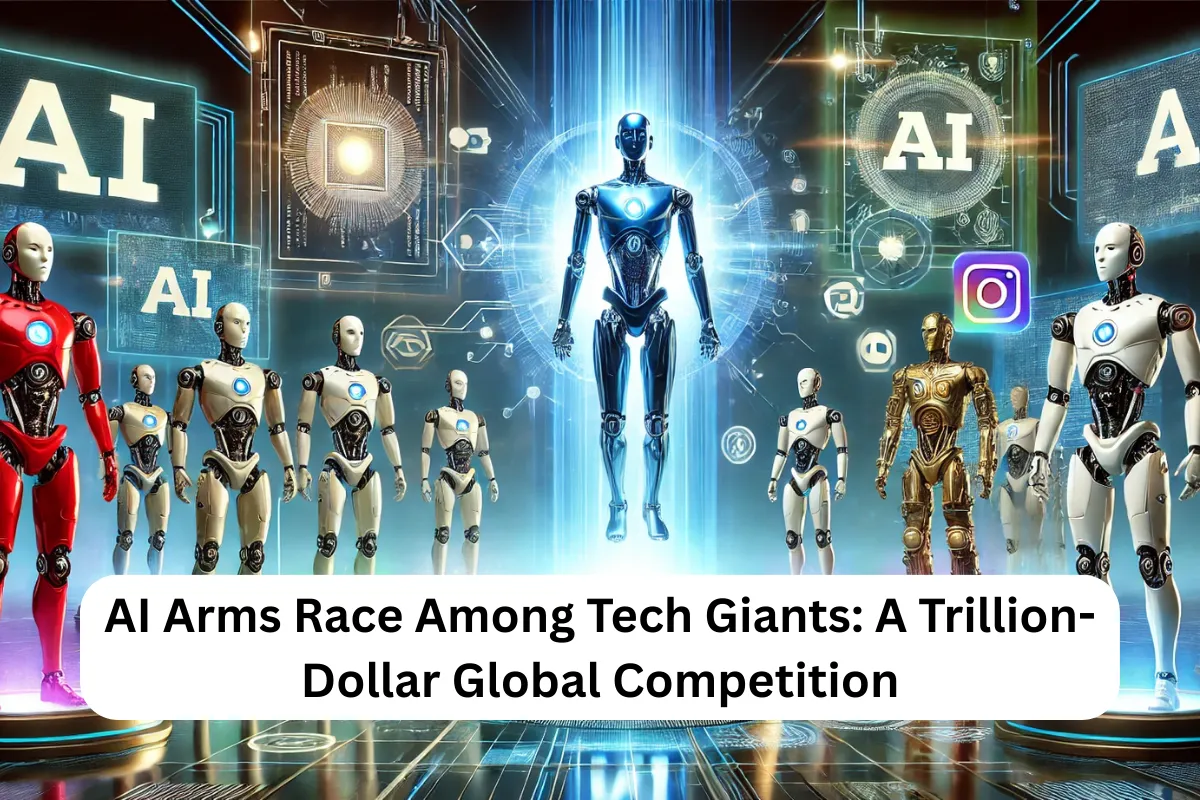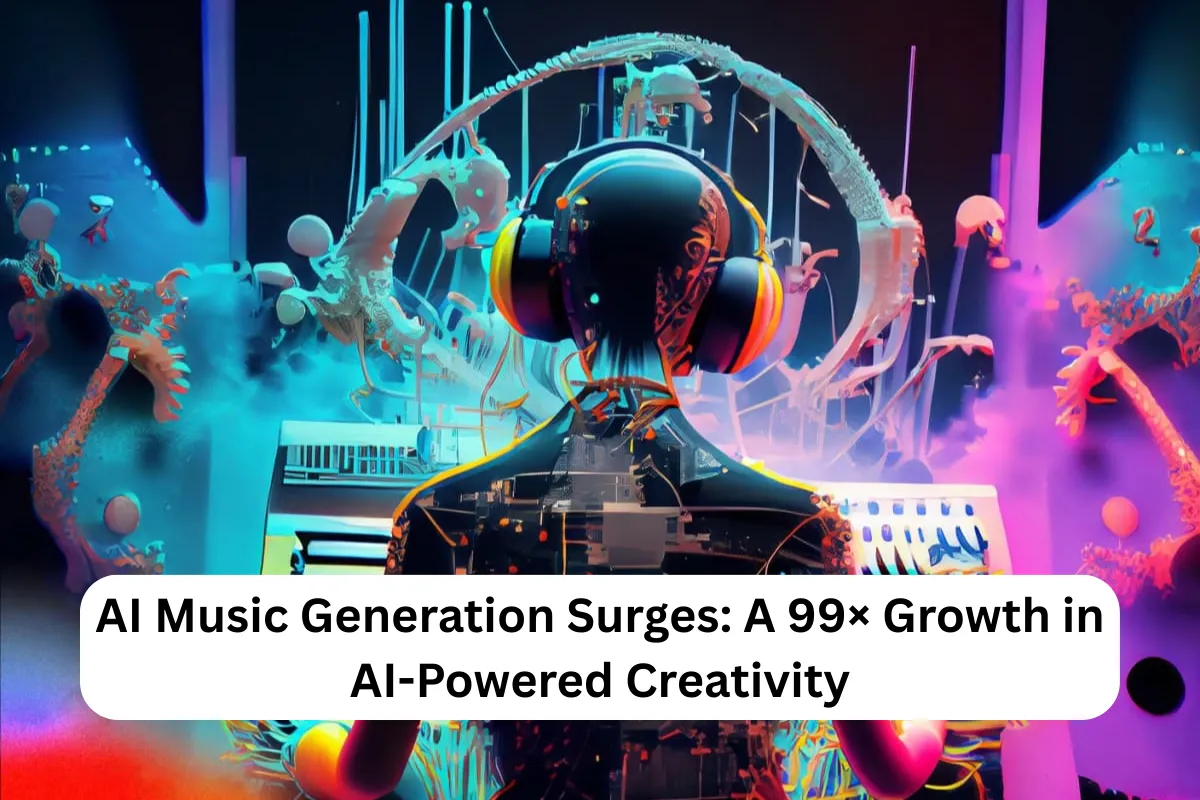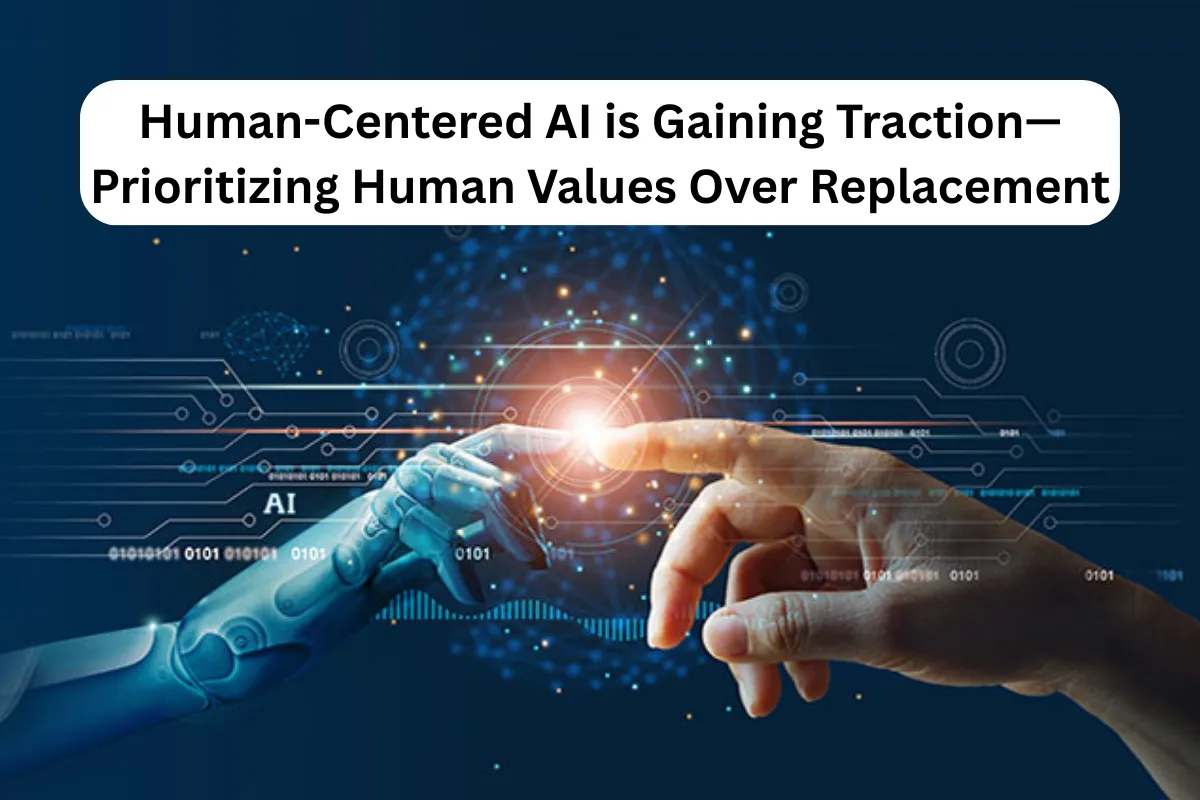The race for artificial intelligence supremacy has turned into one of the fiercest corporate rivalries of the 21st century. Tech titans including OpenAI, Google, Meta, Anthropic, Amazon, and Elon Musk’s xAI are pouring billions of dollars into research, infrastructure, and talent wars to secure dominance in the rapidly evolving AI landscape.
At stake is more than just market share—it’s control over the technology expected to reshape global economies, labor markets, and even geopolitics.
Billions Flowing Into AI
According to industry trackers, AI startups and major firms raised over $55 billion in 2024 alone, surpassing records from previous years. Much of this capital has been funneled into:
- Massive data centers powered by high-end GPUs.
- Recruitment wars for top AI researchers and engineers.
- Product rollouts from chatbots to multimodal assistants.
Microsoft-backed OpenAI and Google’s DeepMind have been at the forefront, but challengers like Anthropic and DeepSeek are quickly gaining traction. Meanwhile, Meta is betting heavily on open-source AI, while Musk is positioning xAI as a competitor to “safe but unrestricted” AI.
The Rivalry Heats Up
The battle is being fought on multiple fronts:
- Technology Performance – Each company seeks the most advanced, accurate, and multimodal model.
- Market Control – Integration into search engines, cloud services, and productivity tools.
- Public Trust & Regulation – Navigating concerns about bias, misinformation, and ethics.
- Talent Acquisition – Engineers and researchers are commanding record salaries as companies outbid one another.
This combination of factors has created an atmosphere reminiscent of the Cold War arms race—except the weapons here are algorithms and data.
Table: Big Tech in the AI Arms Race
| Company | Flagship AI Model | Investment Scale (2024) | Strategy |
|---|---|---|---|
| OpenAI | GPT-5 | $10B+ (via Microsoft) | Closed, subscription-based |
| Google DeepMind | Gemini | $8B+ | Integrated into Google search |
| Meta | LLaMA 3 | $5B+ | Open-source AI strategy |
| Anthropic | Claude 3 | $4B+ (Amazon & Google) | Safety-first development |
| xAI (Elon Musk) | Grok | $1B+ | Positioned as uncensored AI |
| DeepSeek | DeepSeek V3.1 | $500M+ (private funding) | Open-weight, community-driven |
Why the Battle Matters
The outcome of this AI rivalry won’t just determine which company dominates tech markets—it could shape the entire digital future:
- Economics – Trillions in productivity gains are expected from AI adoption.
- Jobs – AI may automate roles, but also create new categories of work.
- Geopolitics – Countries like China and the U.S. see AI as critical to national security.
- Ethics – Whichever company leads may set the standards for AI safety and governance.
Risks of an AI Supremacy Race
While innovation is accelerating, the race also poses risks:
- Overheating Investments – Echoes of a potential AI bubble are growing louder.
- Monopoly Concerns – Few companies controlling global AI systems may harm competition.
- Ethical Oversights – Speed to market sometimes outweighs responsible deployment.
- Talent Drain – Academic research may suffer as experts flock to corporate labs.
Analysts Weigh In
Some analysts argue that the race, while aggressive, could be healthy: competition drives innovation. Others warn that without global cooperation and regulation, the AI arms race may escalate into a high-stakes struggle where safety takes a back seat to profits and prestige.
As Stanford researcher Fei-Fei Li recently noted, “The question is not just who wins the AI race, but whether humanity benefits from it.”
The billion-dollar battle for AI supremacy is reshaping the tech industry at a pace rarely seen before. With trillions in potential value, national security implications, and social consequences, the stakes couldn’t be higher.
While the competition promises breakthroughs in medicine, education, and productivity, it also brings risks of monopolies, misinformation, and ethical blind spots. The ultimate question remains: will this race deliver AI that benefits humanity—or just a handful of corporate giants?
FAQs on the AI Supremacy Battle
Q1. Why are companies investing so heavily in AI?
Because AI is expected to become the backbone of future economies, from healthcare to defense.
Q2. Who is leading the AI race right now?
OpenAI and Google remain front-runners, but challengers like Meta and Anthropic are catching up.
Q3. Could the AI race create a bubble?
Yes, experts warn that overvaluations and hype could lead to an AI investment bubble.
Q4. How does this battle affect everyday users?
Consumers get more powerful AI tools—but also face risks like misinformation and privacy concerns.
Q5. Will governments step in?
Likely. Regulation of AI safety, fairness, and monopoly power is already increasing worldwide.


